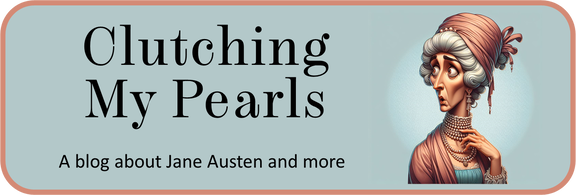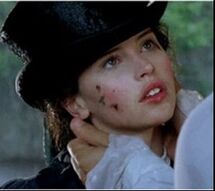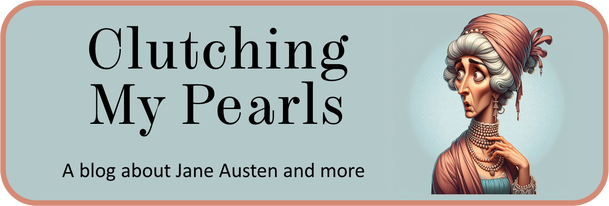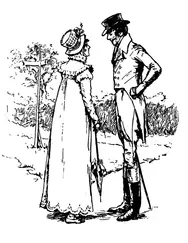| This blog explores social attitudes in Jane Austen's time, discusses her novels, reviews forgotten 18th century novels, and throws some occasional shade at the modern academy. The introductory post is here. My "six simple questions for academics" post is here. |

But if I bang on that drum every time I review an old novel, I'll sound like a broken record. (ooh, mixed metaphors). So I've excerpted these three examples about feminism from novels I've recently read, to present them together. The first two are examples of feminists--okay, tragic, doomed, feminists, but they are given the chance to have their say. The third is a speech from a "mixed character," someone presented as flawed, but essentially good.
The feminist message is delivered not by the heroine, but by a side character. Then it is made clear to us that this side character may be sympathetic, but is not entirely admirable.
The word "subversive" is widely used in academia these days, often when arguing that the author has a message which she barely hints at, but i think introducing feminism in this way is truly subversive...







 RSS Feed
RSS Feed